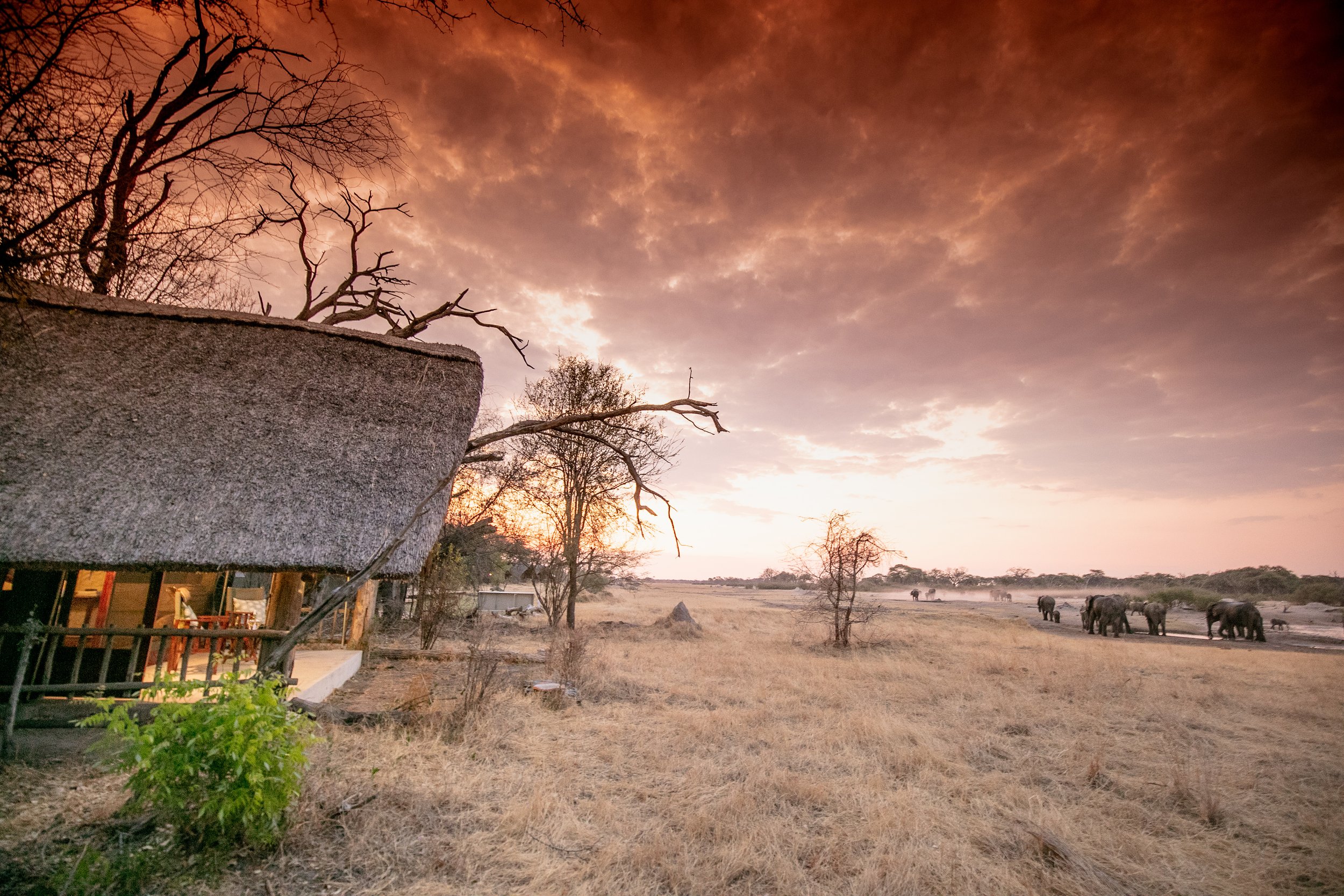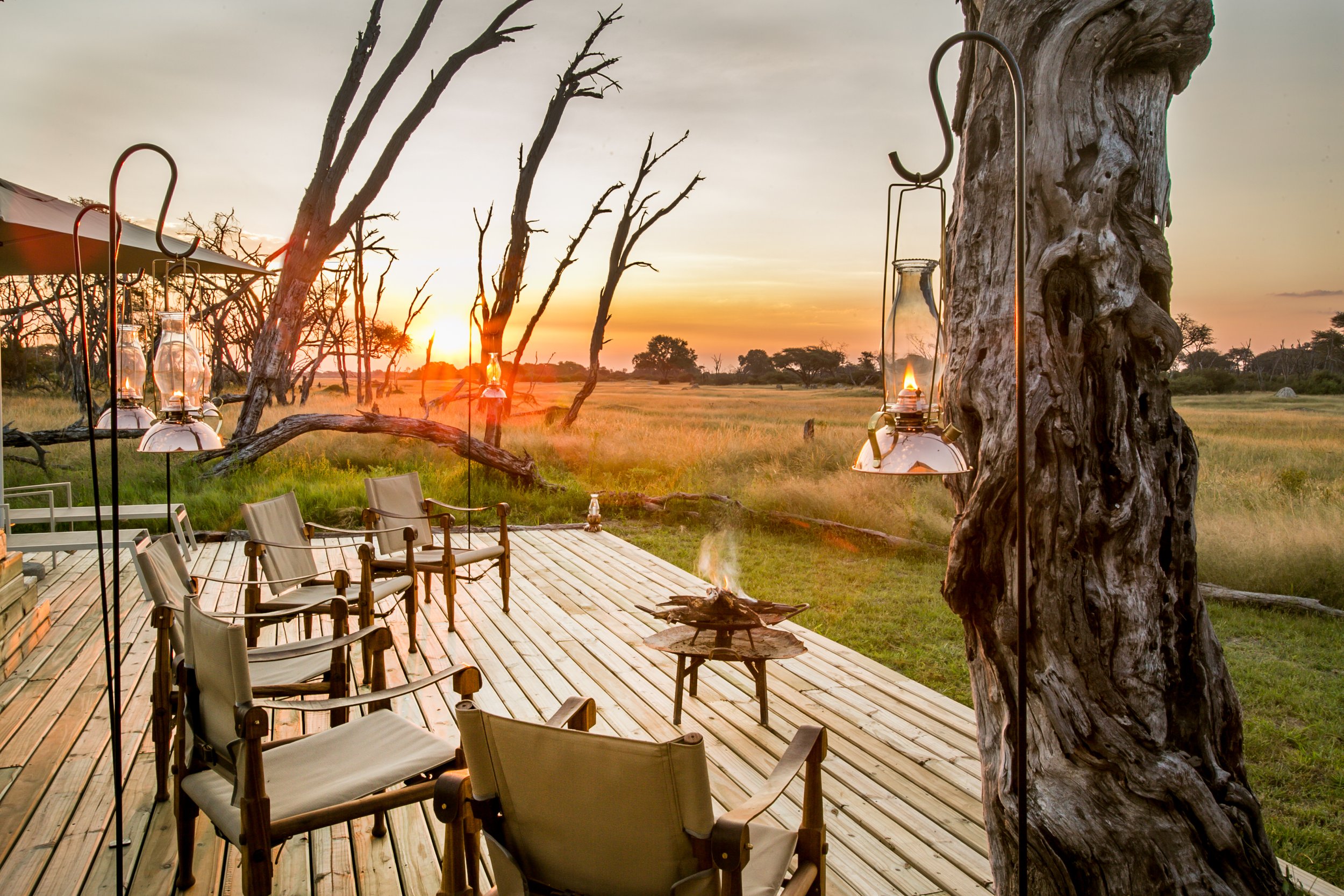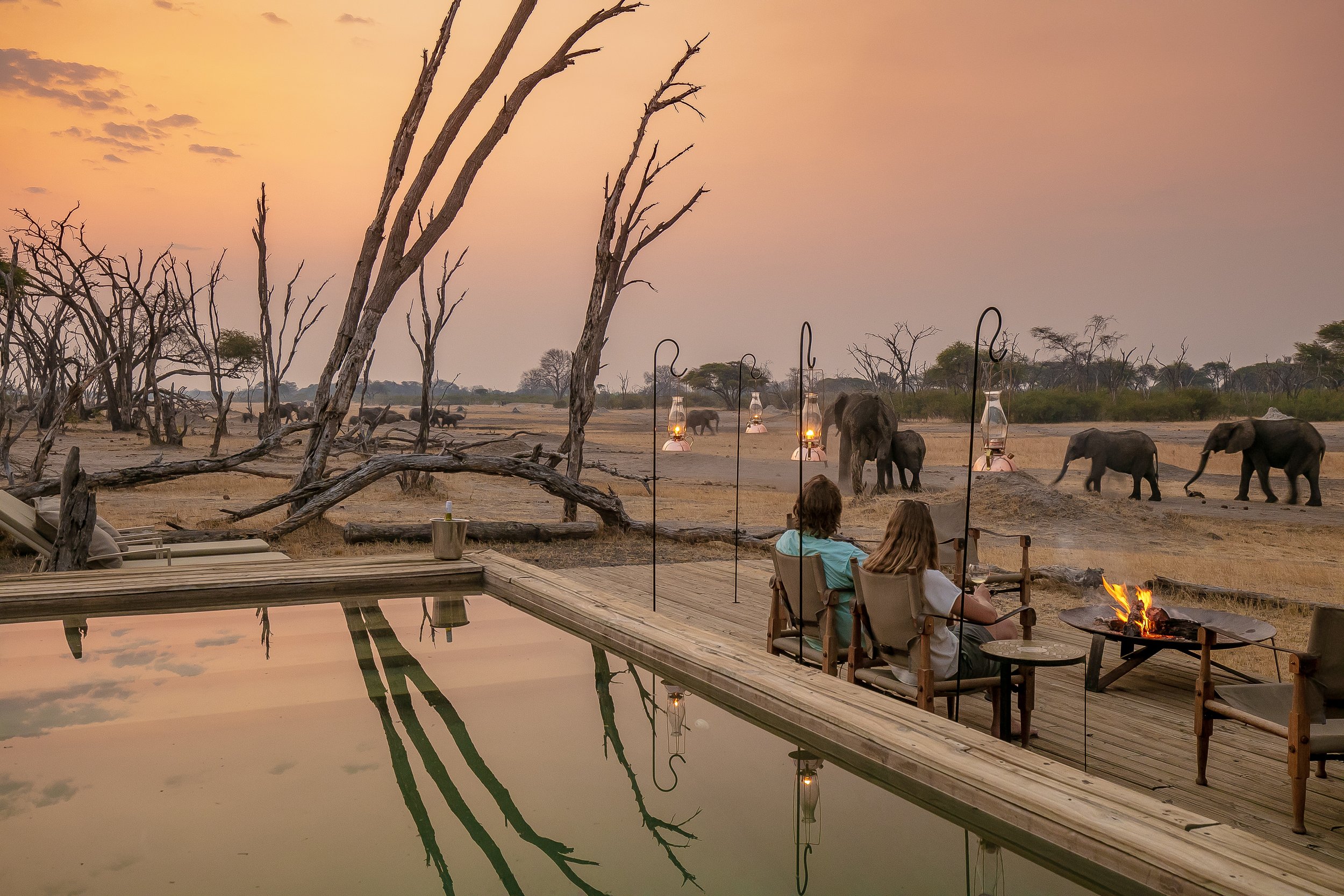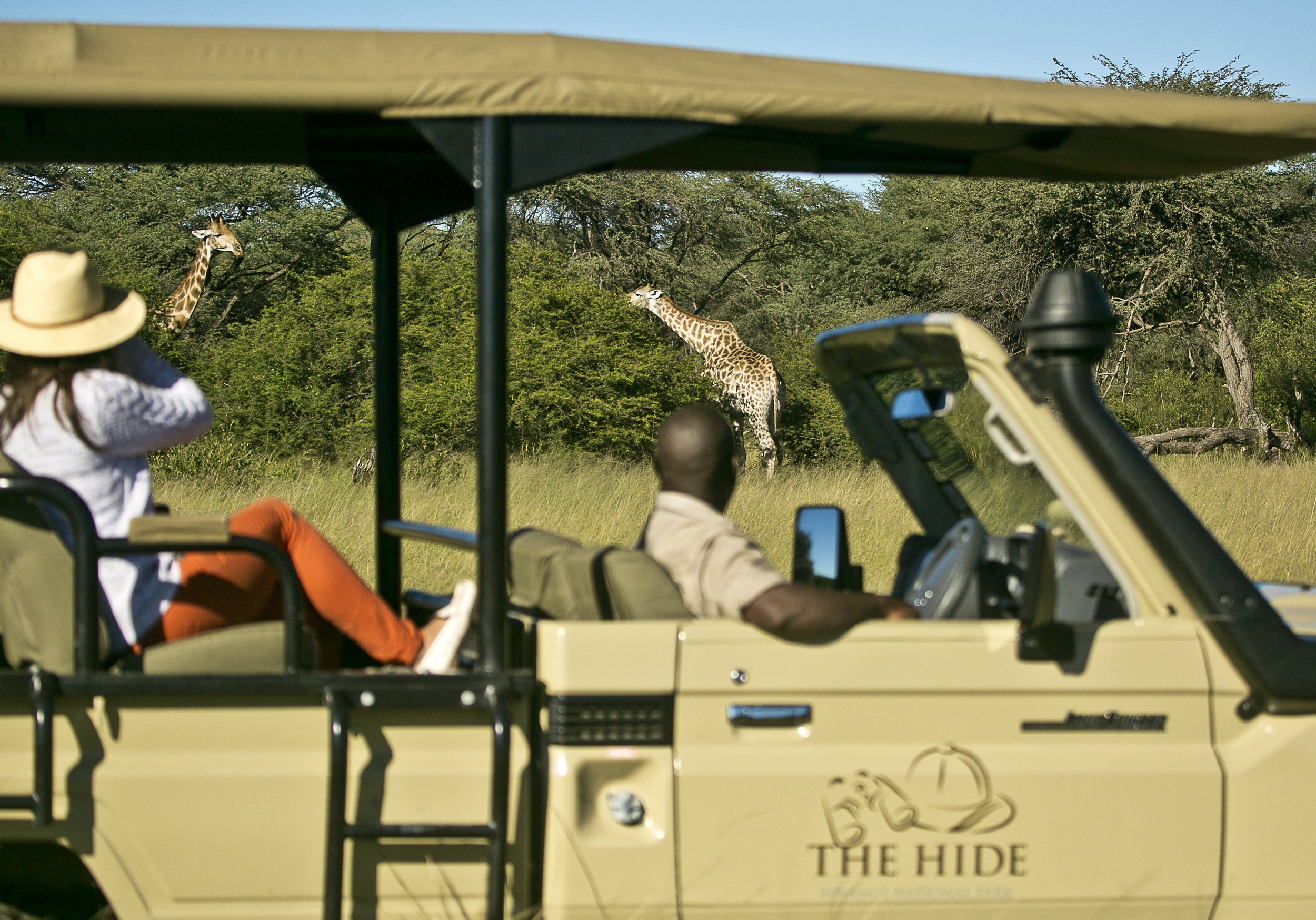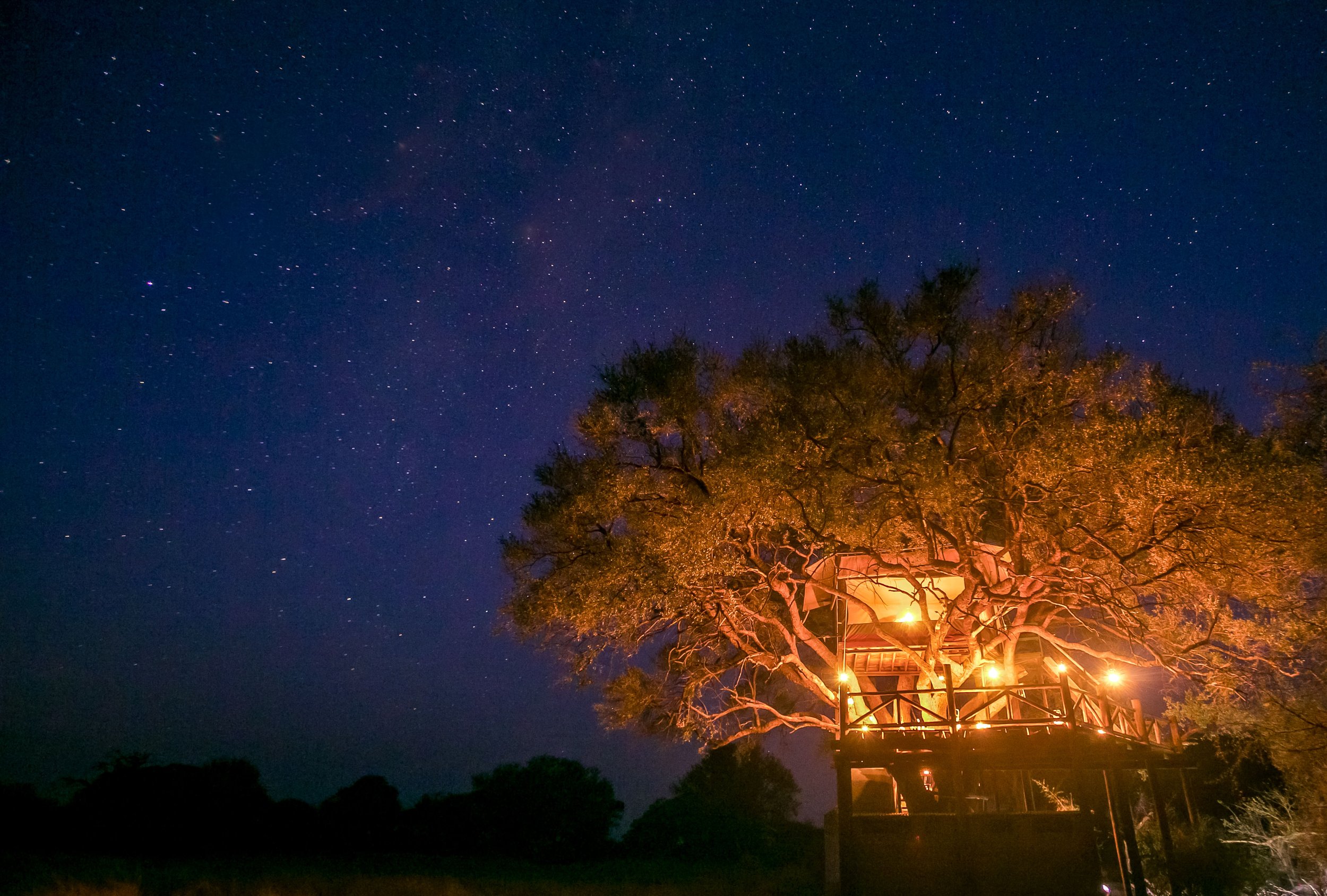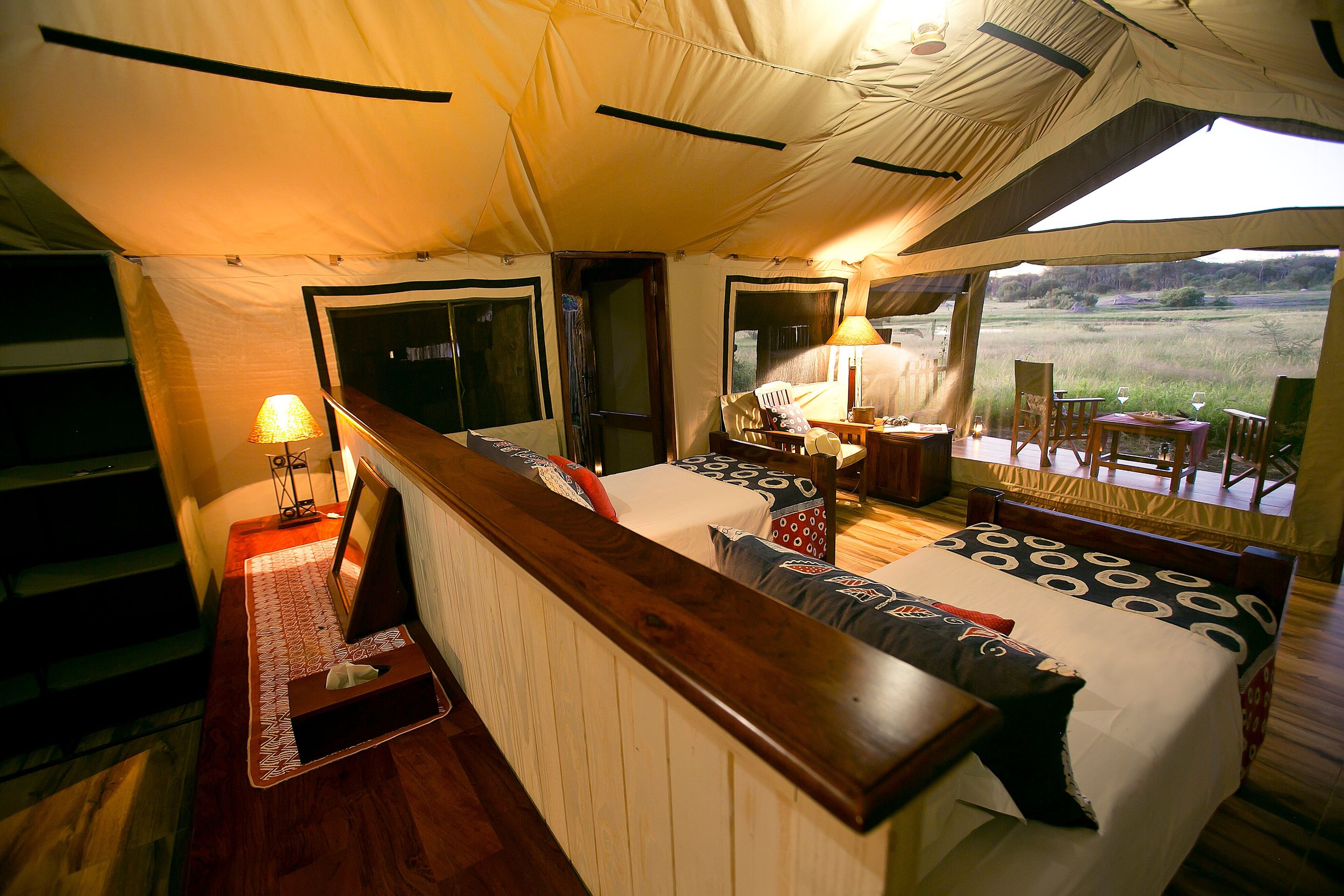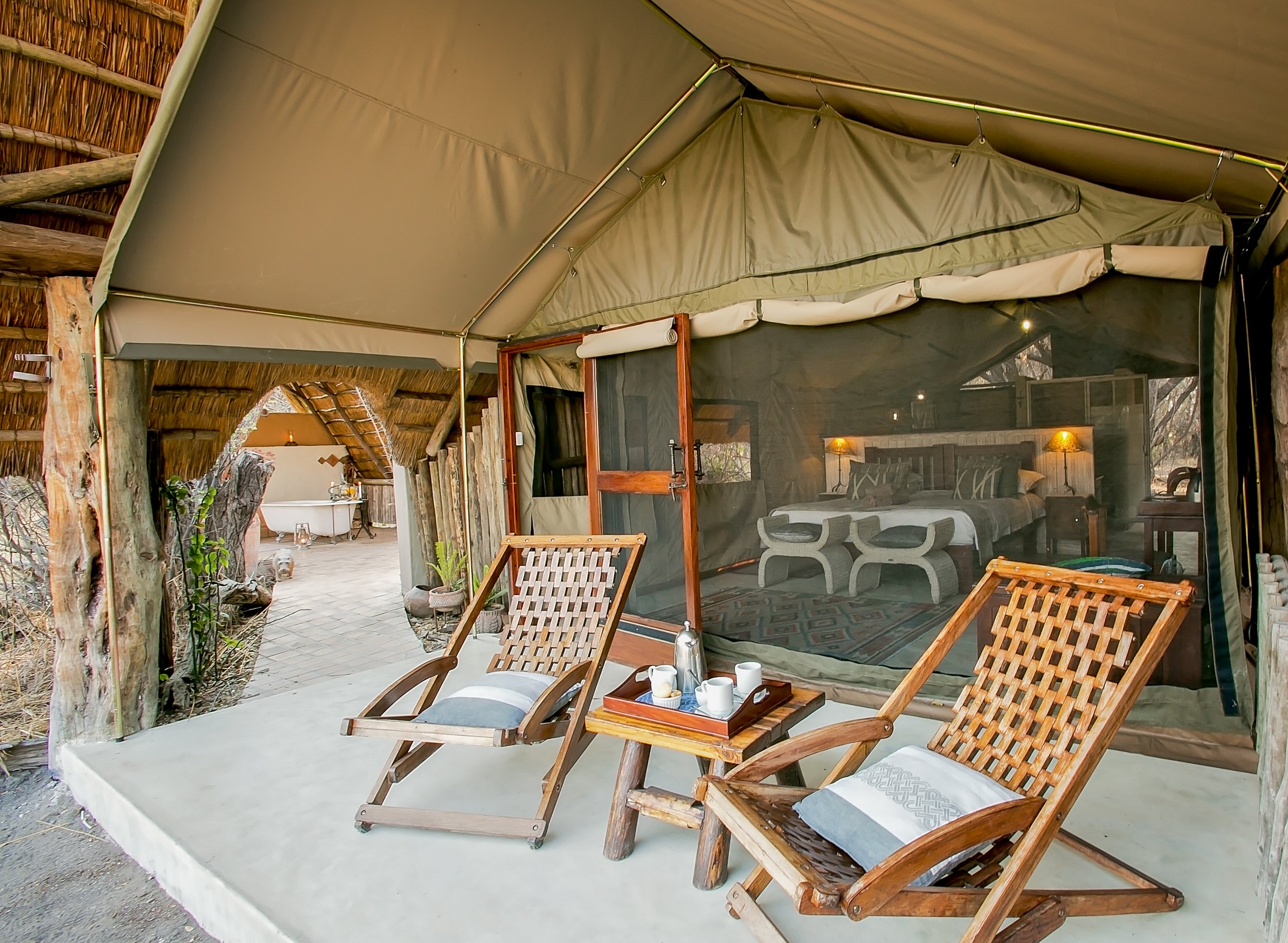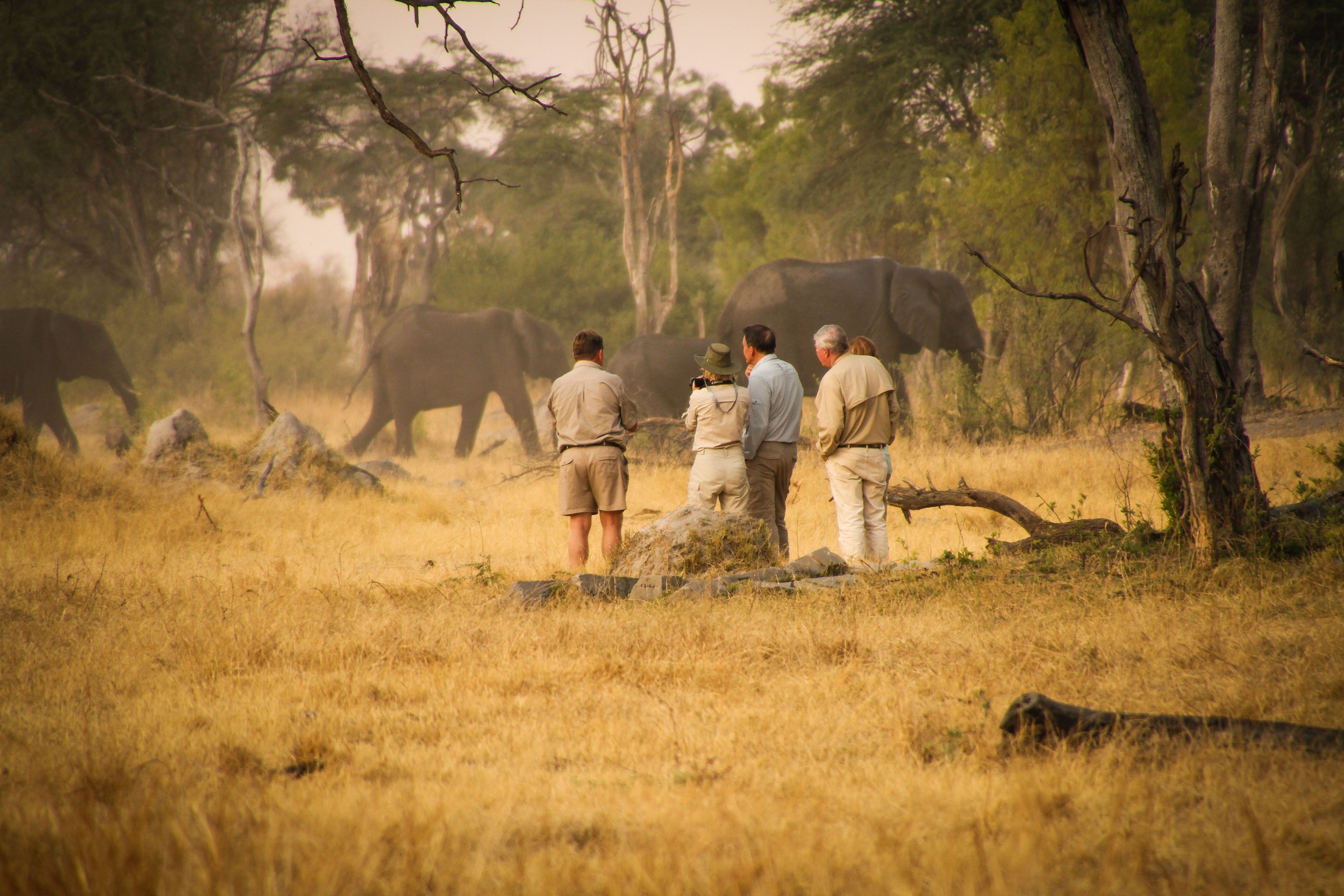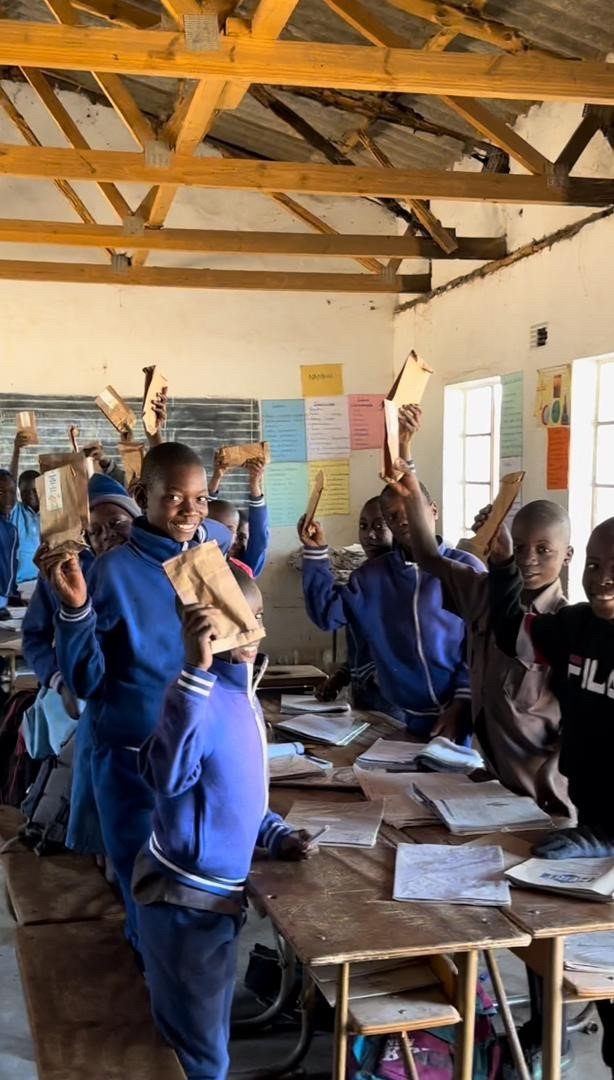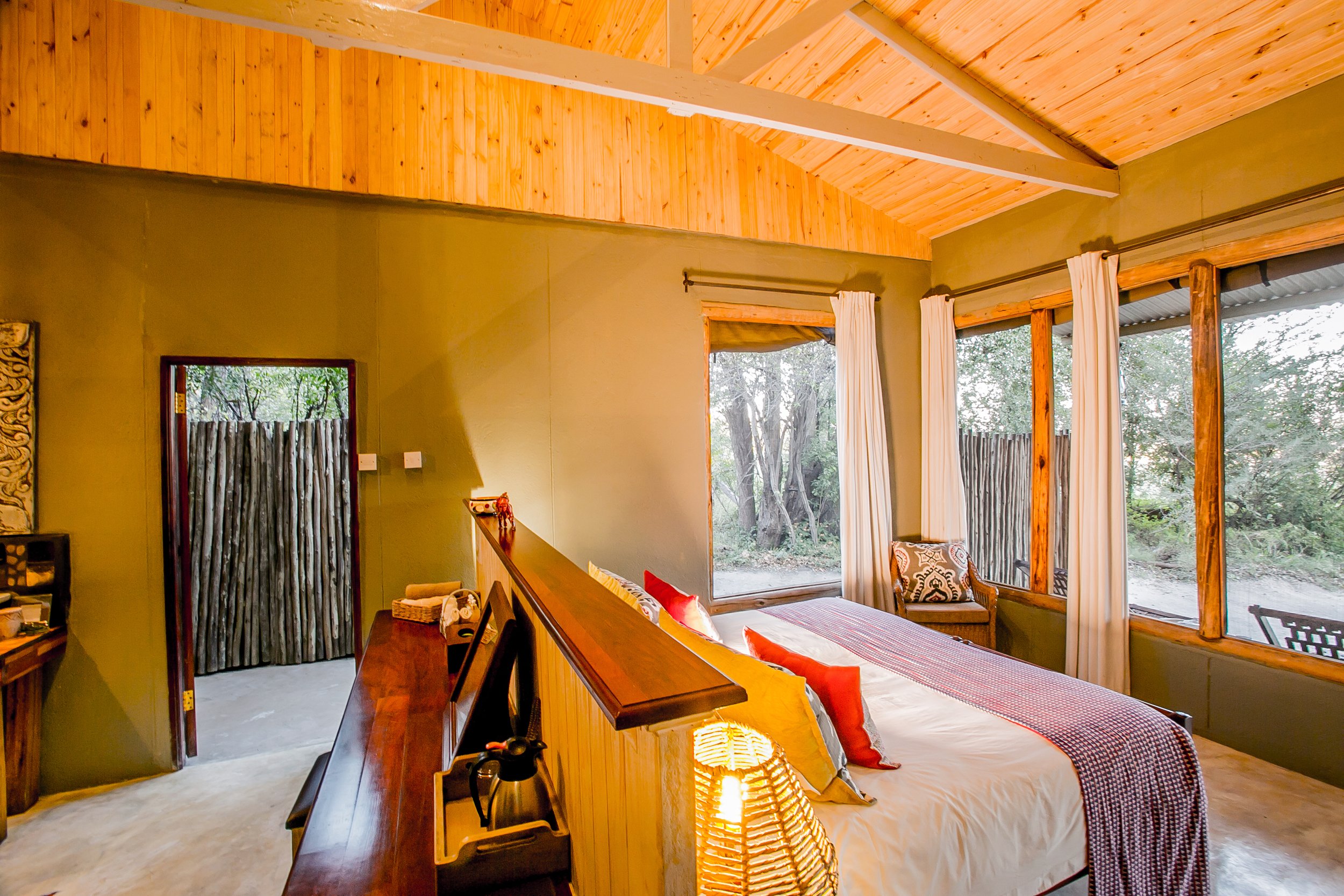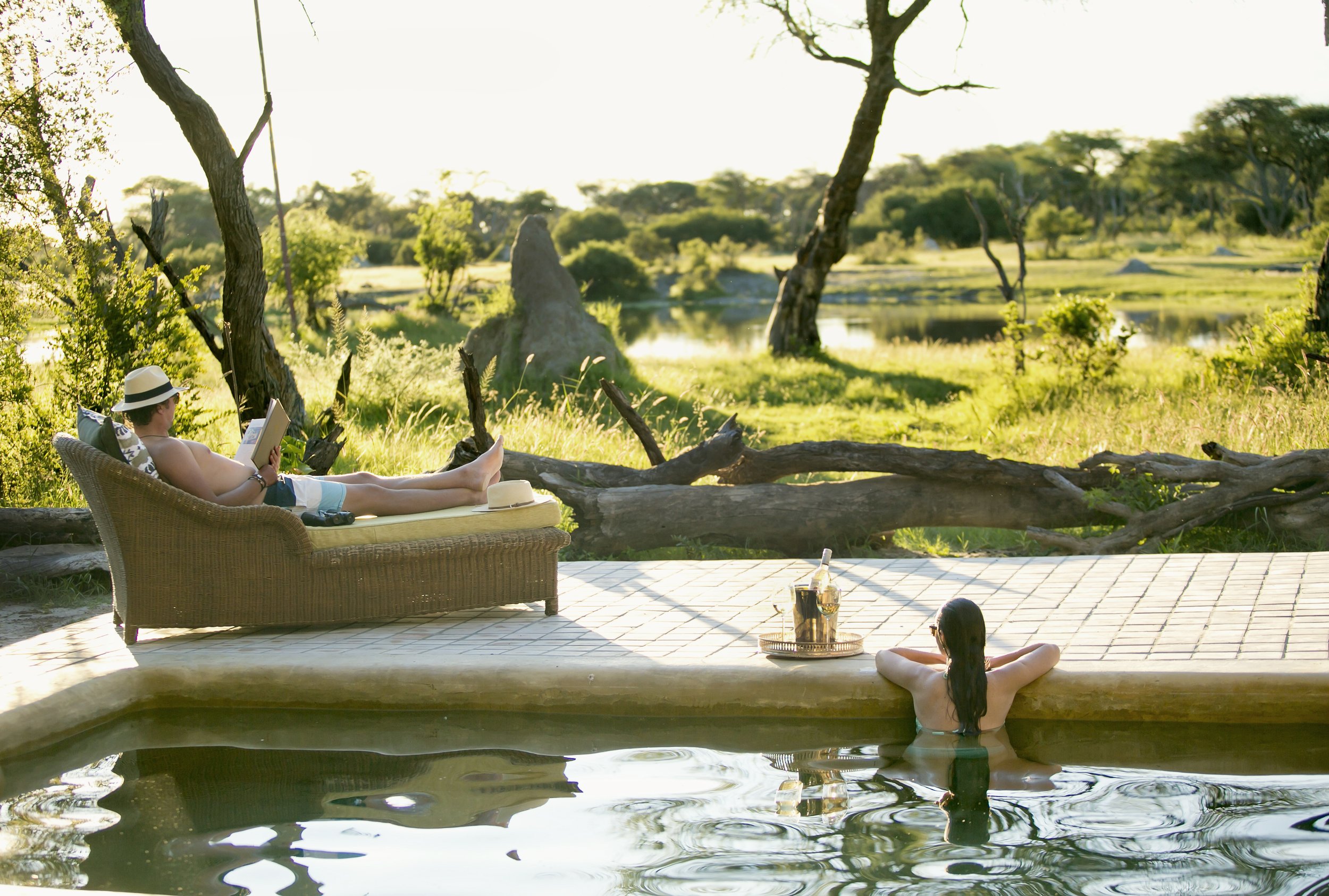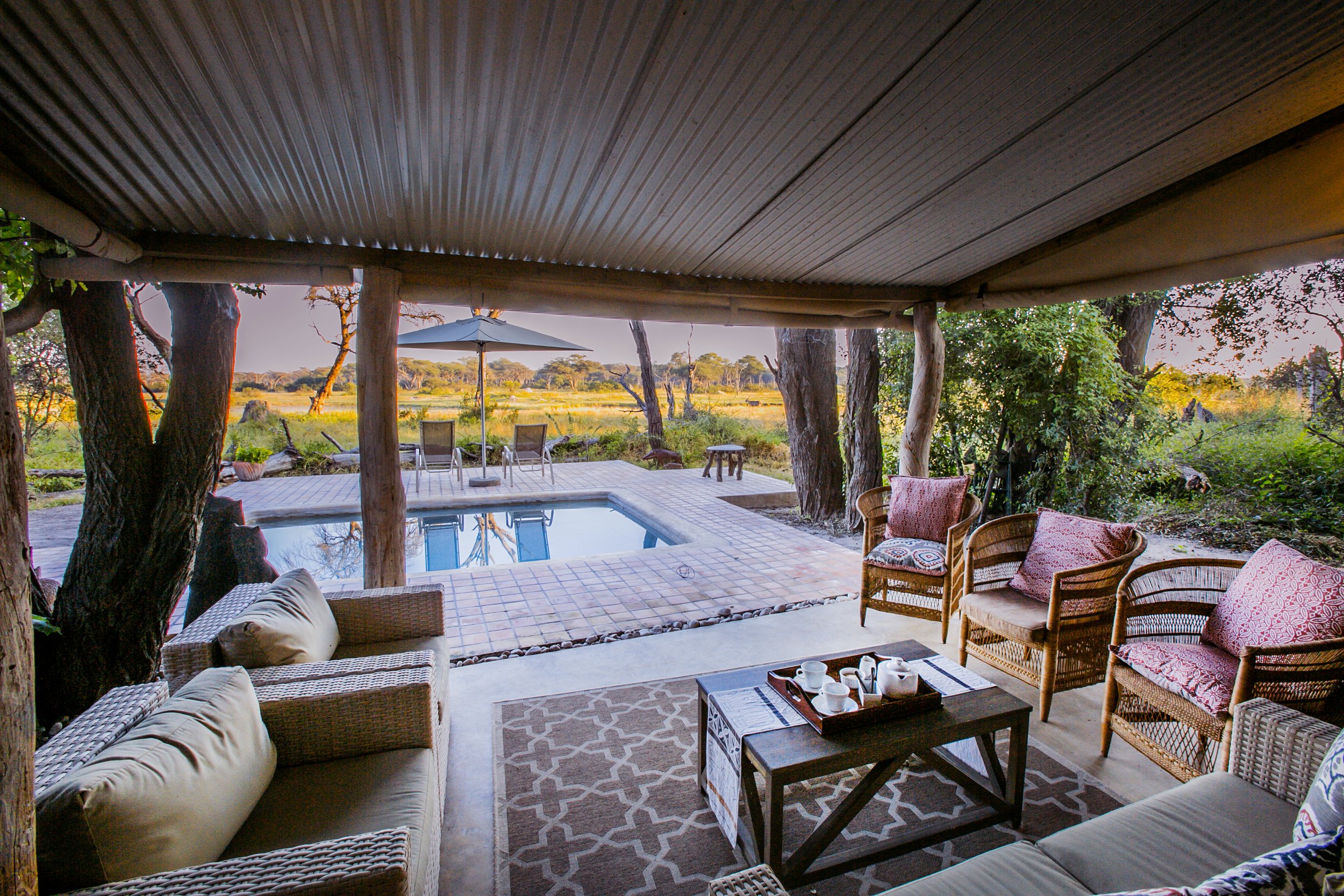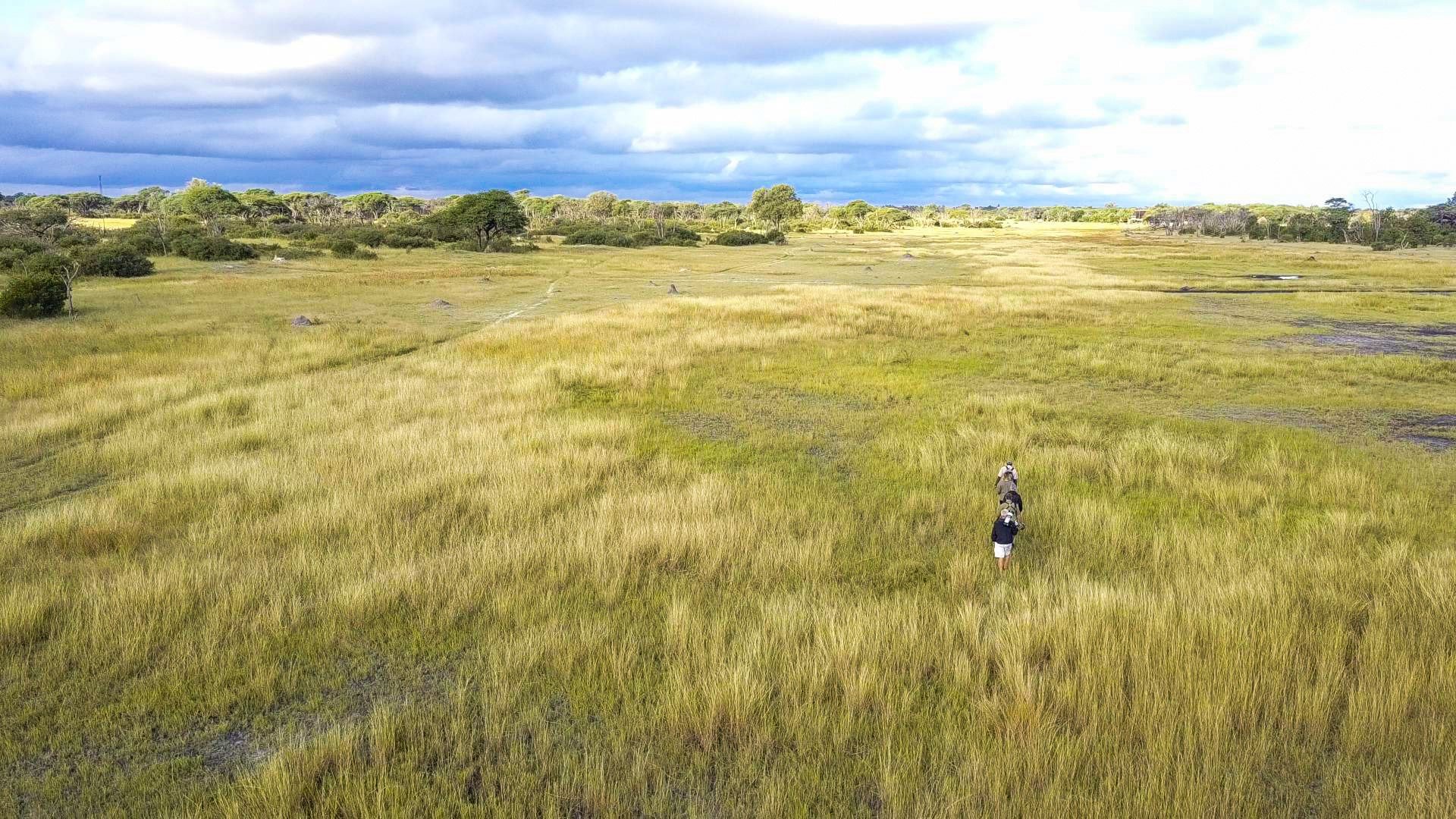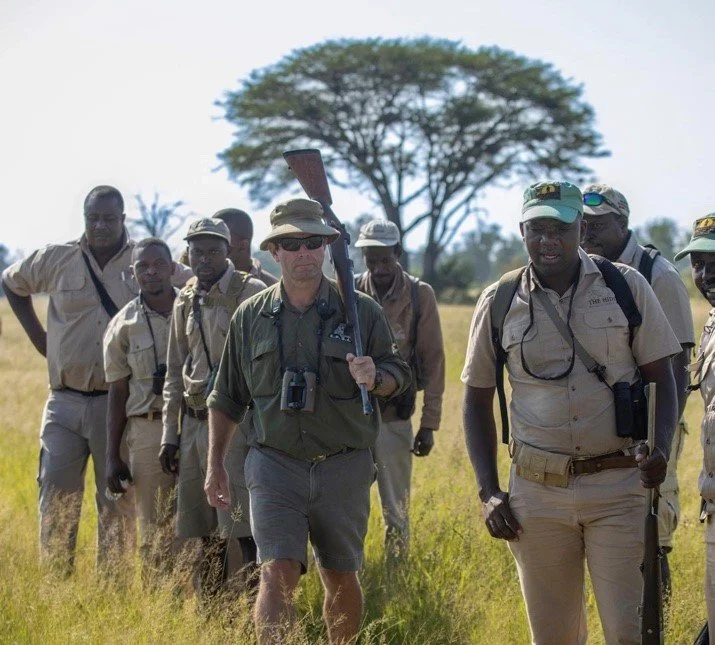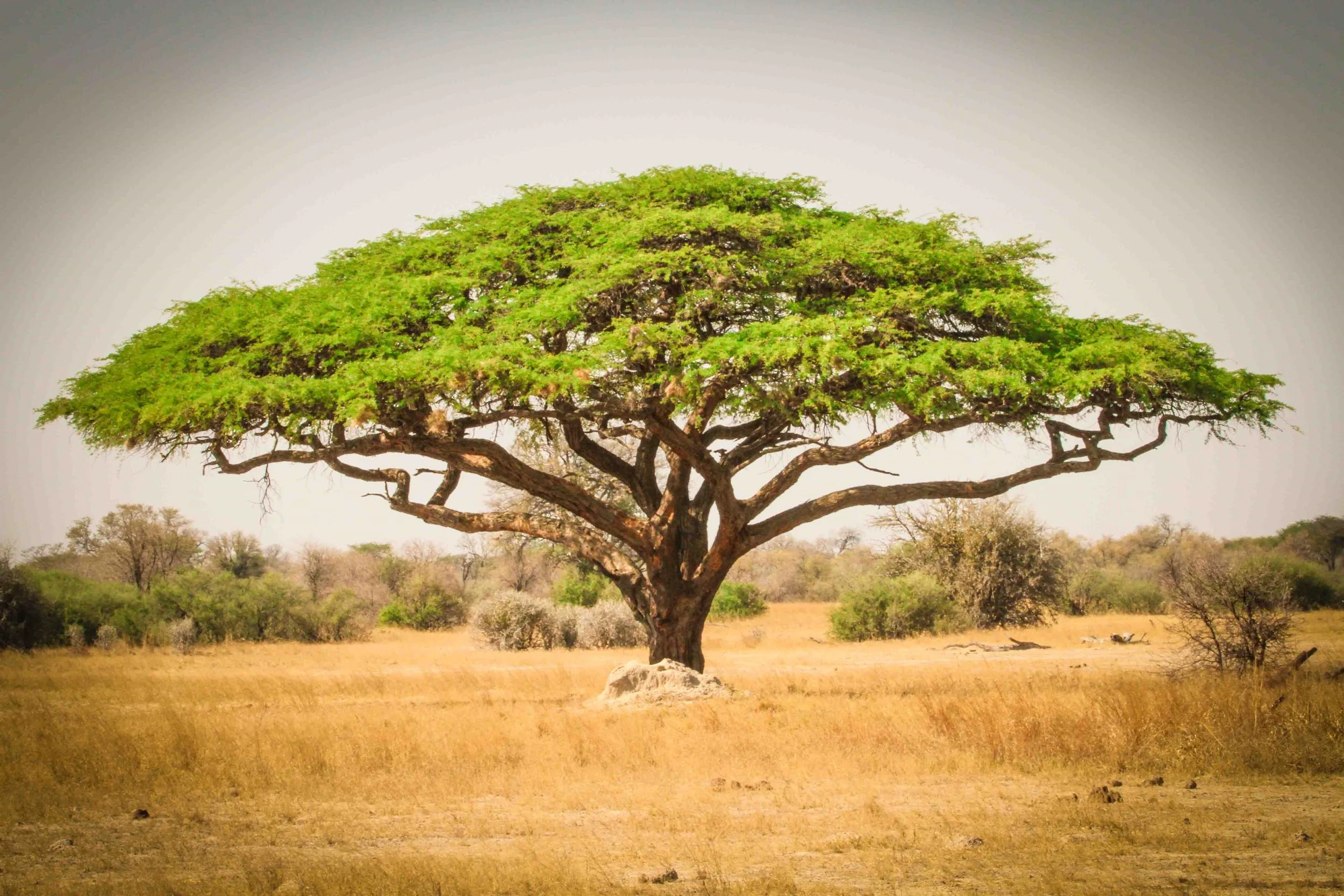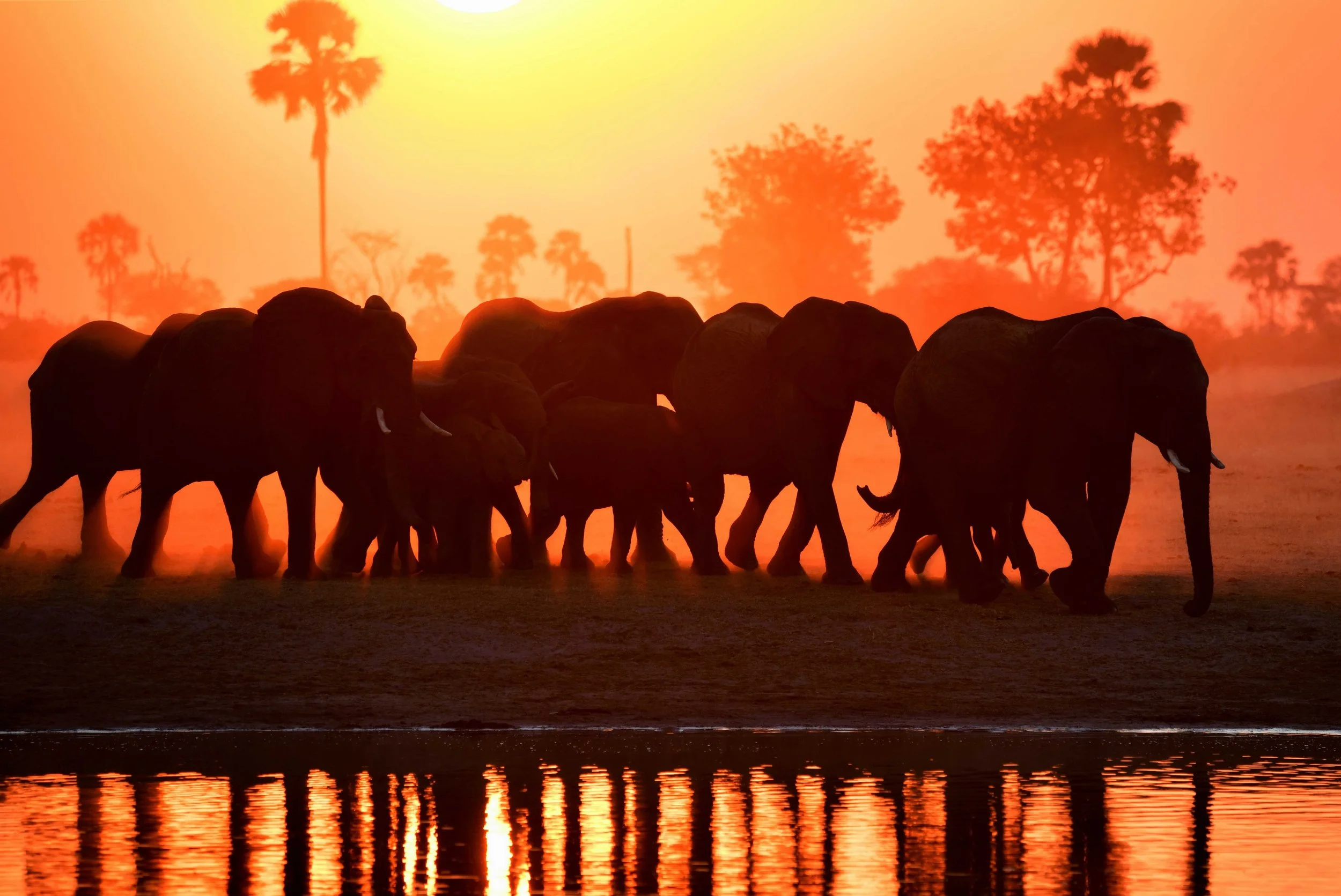The Hide Safari Camp
Hwange, Zimbabwe, Southern Africa
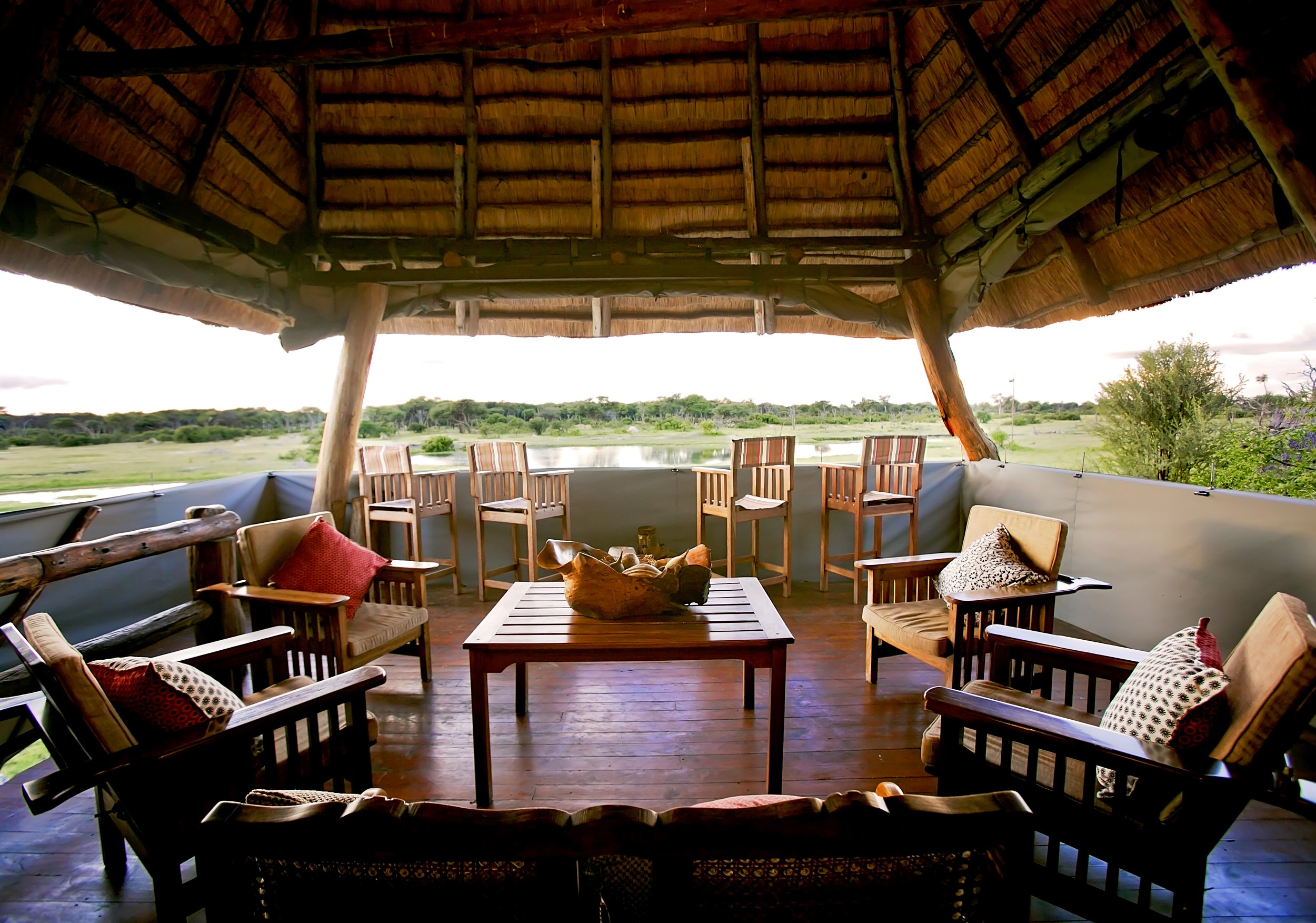
The Hide Safari Camp
Eco Lodges
since May 2018
Located within a private concession in Zimbabwe’s 3.5-million-acre Hwange National Park, The Hide is a well-loved safari destination with accommodations to suit all travellers. Active restoration conservation efforts have ensured that Hwange now holds the second-highest population of elephants in Africa, is home to wild dogs and cheetahs, and has over 450 bird species. The Hide is proud to be part of this ongoing transformation.
The Hide has earned a reputation over 30 years for exceptional wildlife experiences and hospitality. Located just 2 hours south of Victoria Falls on the eastern boundary of Hwange National Park, the camp is famous for connecting people and nature through expert guides who are also involved in community/conservation efforts, (including a reforestation project) and various game viewing activities including walking, hide sits and night drives. In the late 1920s, due to water shortages and neglect, the wildlife in Hwange had almost entirely vanished. Thanks to collaborative conservation efforts, the area now has large elephant herds, wild dog, lion, cheetah, roan, sable, bat-eared foxes and brown hyena. The Hide is a founding member of the Conservation & Wildlife Fund and Friends of Hwange.
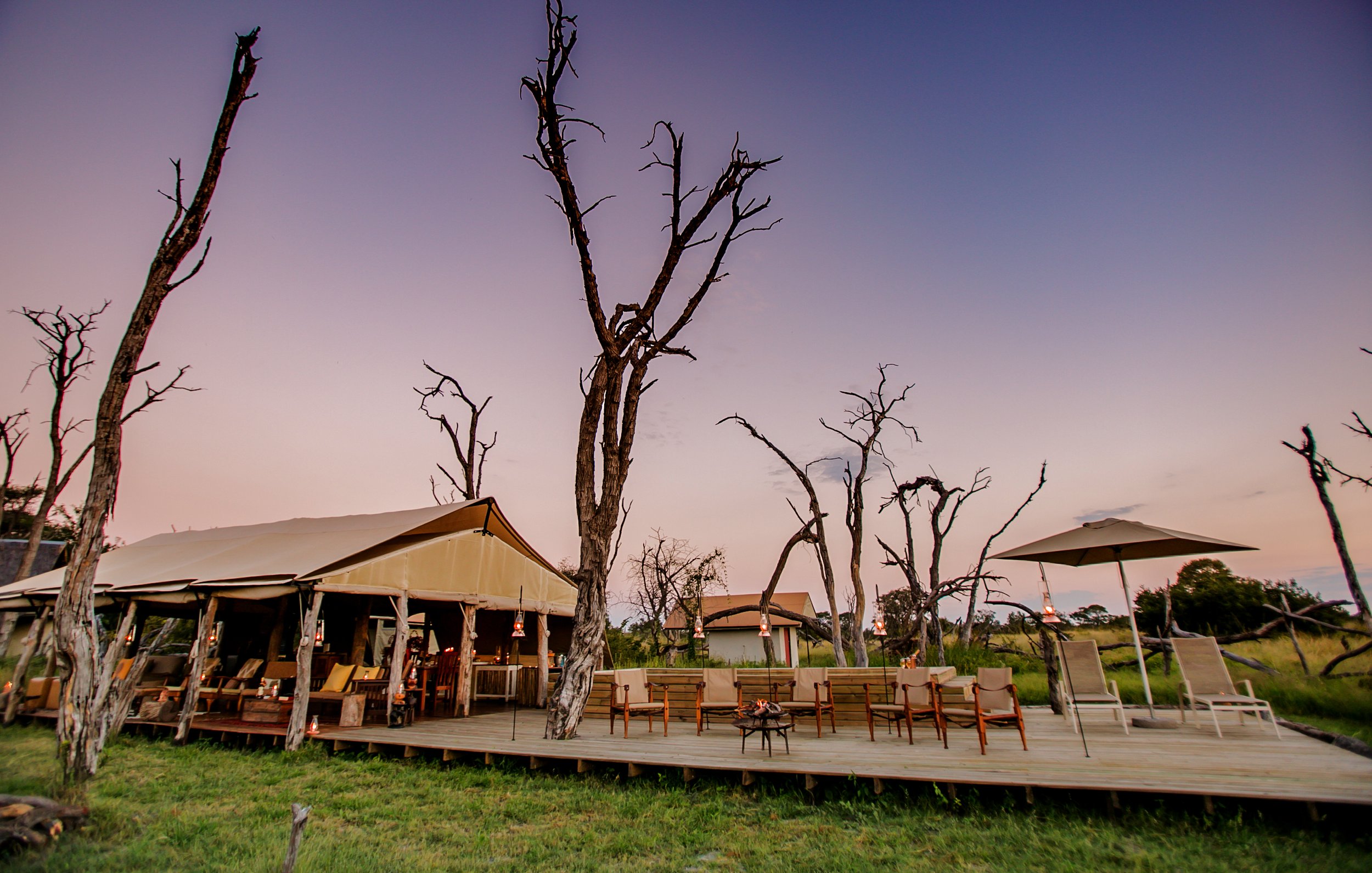
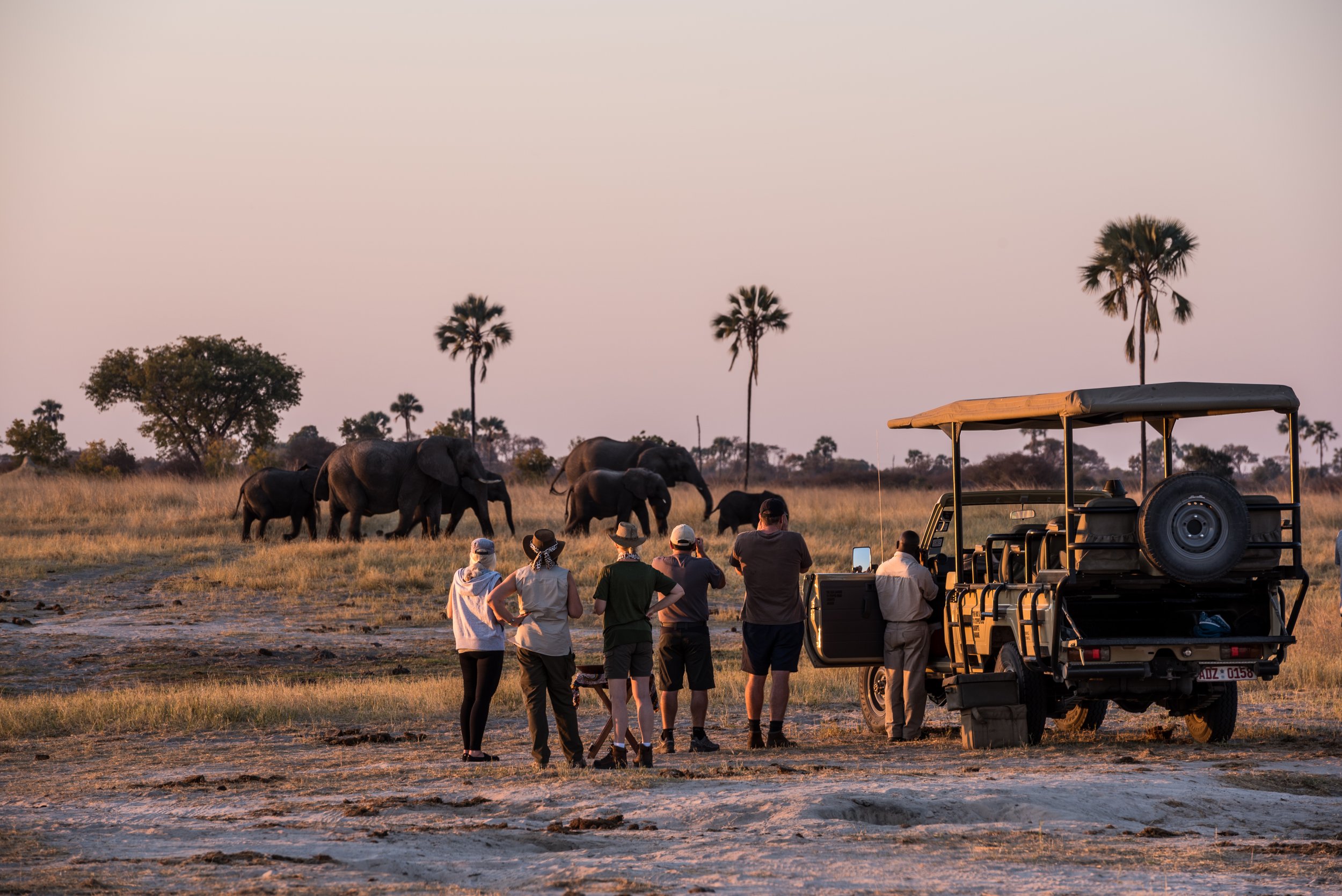
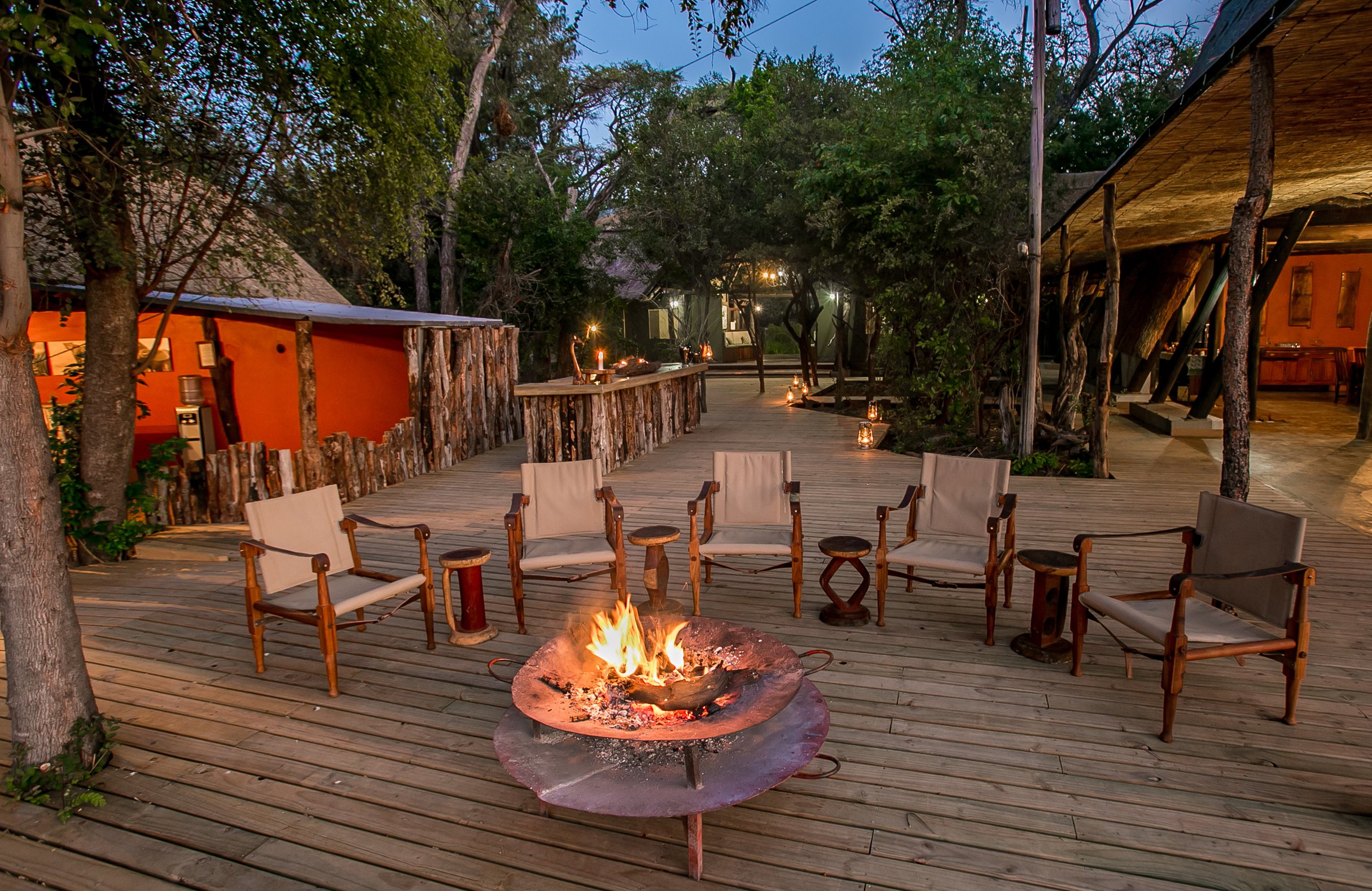
CONSERVATION
Indigenous tree nursery of over 1,000 trees for reforestation projects around Hwange
Recycling paper and cardboard into “fire bricks” that are used in the guest fires at night to reduce firewood usage, and building of a glass smelting unit.
COMMUNITY
Che Zhou Primary school sponsorship and support through Pack for a Purpose and students’ conservation and wildlife education game drives.
Support of young girls and women (Sista2Sista) through donations of re-usable sanitary pads, and beading and sewing items.
CULTURE
Tree nursery educational corner – medicinal uses of plants as used in the rural communities, and some interesting cultural and historical pieces in a “museum” section.
The Ngonyama dancers perform for guests, educating and entertaining through cultural songs and dances.
COMMERCE
Local ladies and other artisans from nearby Dete sell their handmade items for both Rovos Rail excursions and to supply The Hide Shop.
The onsite vegetable garden and vegetable suppliers from the local community help provide the freshest produce for The Hide kitchens.
The Hide Safari Camp’s Highlights
